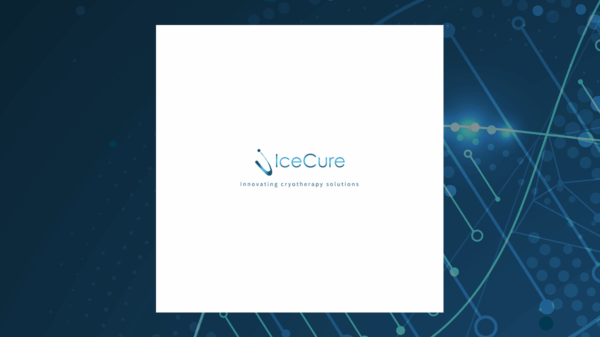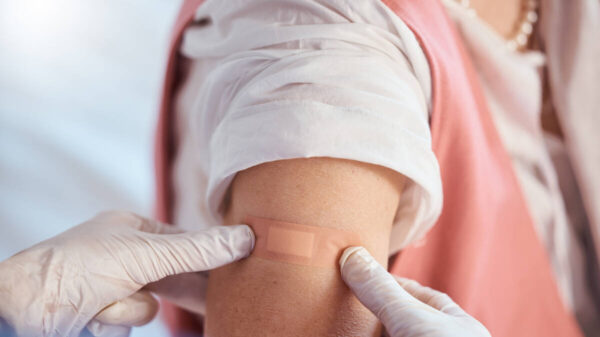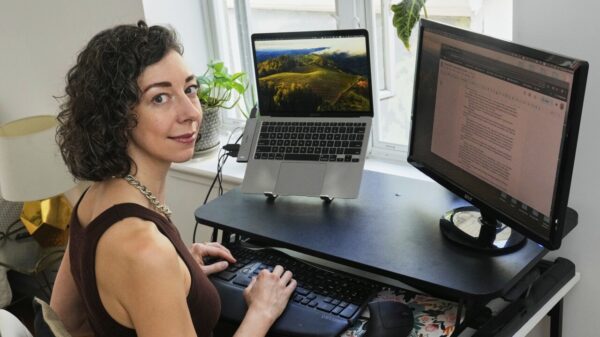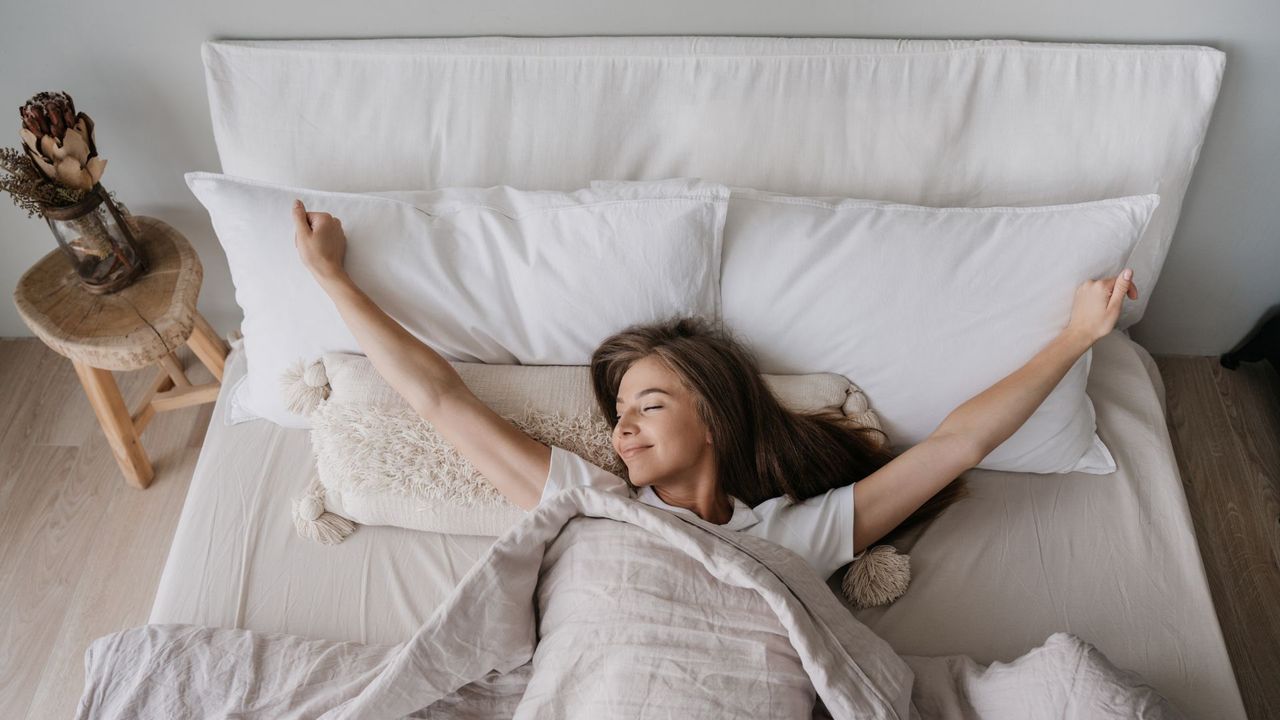Acupressure, an ancient practice from traditional Chinese medicine, is gaining attention for its potential benefits in improving sleep quality. Various studies have indicated that this non-invasive technique can help reduce insomnia, enhance sleep quality in hospital patients, and support restful sleep for menopausal women. As social media trends dominate discussions around sleep, acupressure stands out as a time-tested method that may offer relief.
What exactly is acupressure and how does it function? According to registered acupuncturist Lily Lai, acupressure involves applying pressure to specific points on the face and body known as acupoints. The technique typically employs finger pressure, although tools may also be utilized. Dr. Haley Parker, a Doctor of Oriental Medicine and Director of Clinical Operations at the Virginia University of Integrative Medicine, explains that acupressure applies gentle pressure along the body’s meridians—energy channels linked to various organs and systems.
The objective is to restore the smooth flow of Qi (vital energy) and blood throughout the body, promoting healing and reducing tension. From a Western perspective, this practice may stimulate the nervous system, enhance endorphin release, and activate the parasympathetic nervous system, which supports relaxation.
Scientific Evidence Supporting Acupressure for Sleep
Evaluating the scientific foundation of complementary and alternative medicine is crucial. Research indicates that acupressure can significantly enhance sleep quality. A review of studies involving hospital inpatients showed that acupressure improved sleep quality, total sleep time, and sleep efficiency compared to control groups.
Dr. Parker emphasized a growing body of evidence that supports acupressure’s effectiveness for sleep, including studies that demonstrate improved sleep quality among older adults. These findings suggest that acupressure may serve as a valuable intervention for sleep-related issues.
Key Benefits of Acupressure for Sleep
Acupressure may benefit sleep in several ways:
1. **Targeting Specific Pressure Points**: The practice involves applying pressure to particular acupoints. Dr. Parker notes that this can help calm the nervous system, relieve physical tension, and regulate organ systems that affect rest. Commonly recommended points for sleep include:
– **Shenmen (HT7)**: Located on the wrist crease, this point is associated with alleviating insomnia and anxiety.
– **Yintang**: Found between the eyebrows, this point helps reduce stress and supports melatonin production.
– **Anmian**: Situated behind the ear, Anmian is specifically used for sleep disturbances, promoting deeper rest.
– **Sanyinjiao (SP6)**: Located on the inner lower leg, this point is believed to harmonize the body’s hormonal systems, which can impact sleep.
2. **Reducing Stress and Anxiety**: Stress and anxiety are common barriers to sleep. Studies have shown that acupressure can significantly lower anxiety levels. Dr. Parker points out that both acupressure and acupuncture encourage the release of neurotransmitters like endorphins and serotonin, which improve mood and regulate sleep.
3. **Alleviating Insomnia**: Research indicates that acupressure can be particularly effective for individuals suffering from insomnia. In one study, participants who learned self-administered acupressure saw significant improvements in their Insomnia Severity Index scores over eight weeks compared to those who received sleep hygiene education.
4. **Addressing Hormonal Changes**: Hormonal fluctuations, particularly during menopause, can disrupt sleep. Recent studies indicate that acupressure can improve sleep quality for menopausal women. A trial published in the Iranian Journal of Medical Sciences noted a 22% improvement in sleep quality through acupressure. This technique may help lower levels of follicle-stimulating hormone (FSH) and increase oestradiol, aiding in better sleep and reducing symptoms like hot flashes.
For those interested in practicing acupressure at home, Dr. Parker recommends various methods. These include applying gentle pressure to key acupoints for 1–2 minutes each in the evening, utilizing acupressure mats, or engaging in partner massages while incorporating calming elements like lavender oil.
Before beginning any acupressure routine, it is advisable to consult a healthcare provider, especially for those with existing medical conditions. Both Lai and Dr. Parker affirm that acupressure is generally safe for most individuals but caution that individuals undergoing medical treatment should seek guidance from their healthcare professionals.
In summary, acupressure presents a promising avenue for enhancing sleep quality, combining ancient wisdom with modern research. As more individuals seek effective, natural solutions for sleep improvement, this traditional practice offers a compelling option worth considering.


































































